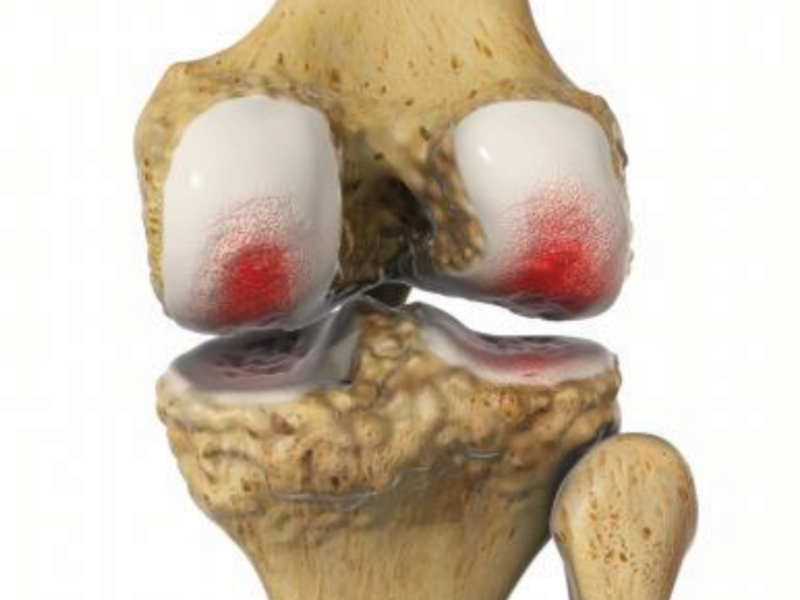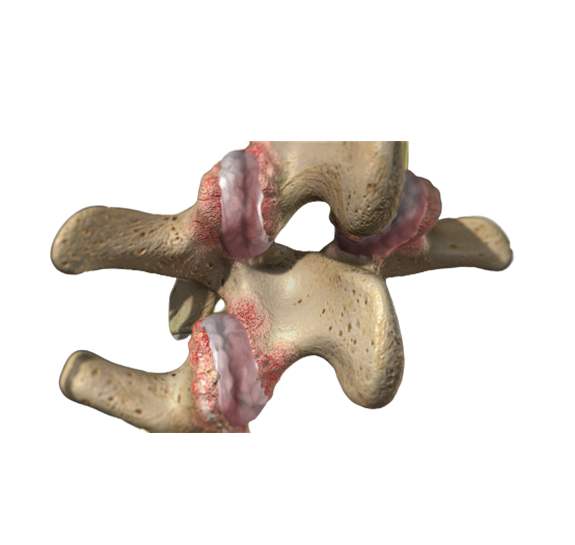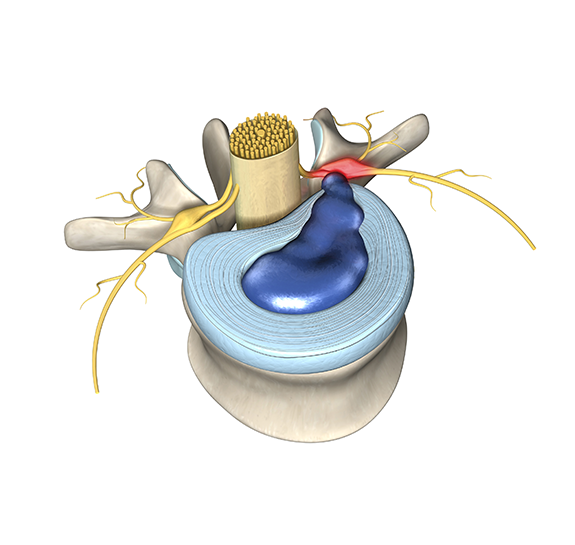
Robotic-assisted total knee replacement vs. traditional knee replacement surgery
Robotic-assisted total knee replacement vs. traditional knee replacement surgery https://phoenixspineandjoint.com/wp-content/uploads/2019/05/shutterstock_1154218465.jpg 1000 667 Phoenix Spine & Joint Phoenix Spine & Joint https://phoenixspineandjoint.com/wp-content/uploads/2019/05/shutterstock_1154218465.jpgWhen your knees are in pain, most doctors will try to treat you with noninvasive treatments, such as non-steroidal anti-inflammatory drugs, therapy, or these days even stem cell derived growth factor injection. These treatments can reduce your pain and improve your condition without any of the trauma and recovery times associated with surgery. However, sometimes surgery is unavoidable.
In some cases of knee pain, a total knee replacement surgery is the best treatment. This may sound intimidating, but advancements in technology have made this procedure more effective for better results and faster recovery. These advancements allow surgeons to perform robotic-assisted total knee replacements, which can help improve the outcome of your surgery.
What is the difference between robotic-assisted total knee replacement and traditional total knee replacement?
First of all, robotic-assisted total knee replacement is not performed by a robot. Your surgeon is still in control of the surgery. You can think of the robotic system as another surgical instrument to help your surgeon get the job done better.
At Phoenix Spine & Joint, we use robotic assistance for all of our total knee replacements. With this system, our surgeons can make more precise incisions, remove damaged cartilage more accurately, and select the perfect size for your new artificial joint.
Traditional total knee replacement surgeries can still help reduce your pain and improve your quality of life. Although, without the enhancement of robotic-assistive technology, your surgeon may not be able to perform to their fullest potential. This may result in subpar alignment of the knee after the surgery.
Are there risks in robotic-assisted total knee replacement?
Recent studies have confirmed our experience at Phoenix Spine & Joint that robotic assistance really improves knee replacement surgery. We’d recommend you don’t have surgery without it. With or without robotic assistance, there are always risks involved in surgery. Complications during robotic-assisted total knee replacement are rare, but you should be aware of the risks before you undergo this procedure:
- Infection
- Nerve damage
- Blood loss and blood clots
- Stiffness in the knee
- Fracture to bones in knees weakened by osteoporosis
At Phoenix Spine & Joint our passion is minimizing risks and performing surgeries to their optimal potential.
Visit Phoenix Spine & Joint for robotic-assisted total knee replacement surgery
Our surgeons have a high success rate in performing robotic-assisted total knee replacement surgeries. Would you like to talk to one of our team members about this procedure and find out if it’s right for you? If you’ve been told you need a knee replacement, then Contact us today to talk to one of our patient care coordinators or to schedule a free second opinion.
- Post Tags:
- Pg - Knee replacement
- Posted In:
- Total Knee Replacement









